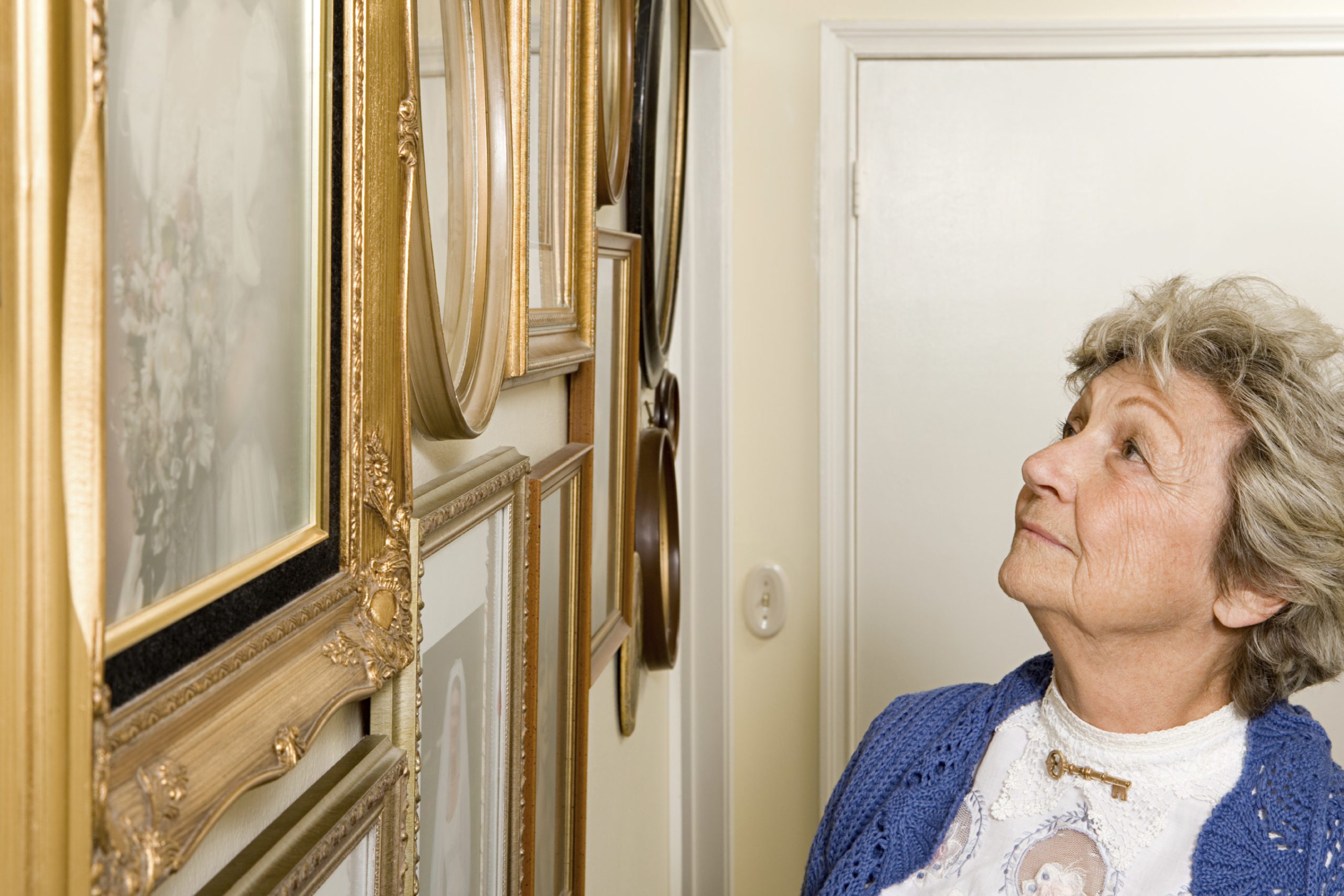Art Collections & Tax Collectors

When it comes to estate planning, one often over-looked issue is how to deal with art and other collectibles in an appropriate and tax effective manner. Two common mistakes collectors make are under-estimating the value of the collection and over-estimating how much their heirs want to receive any part of the collection.
Whether a collection is for the pure enjoyment of the collector or assembled for investment purposes or both, it tends to be deeply personal to the collector. It may or may not be surprising, that their heirs do not want to keep the collection. That decision can be due to lack of interest, a preference for the monetary value, or the inability to pay for its long-term maintenance.
To create an estate plan to effectively deals with collectibles, collectors should take two important initial steps; one, have the collection appraised by an independent appraiser and two, discuss with the heirs their interest in the collection or pieces in question.
As art and other collections are subject capital gains tax there could be significant consequences if the value has increased significantly. There are different strategies a collector can use if the value of the collection is high enough to make paying the taxes difficult or impossible for the heir. Insurance to cover the tax bill, can be an option.
Alternatively, if the heirs have no interest in the collection, the owner may wish to sell. Selling can be costly. Factors like sales commission, insurance, shipping, and capital gains tax come into play. A collector who takes this route should investigate how and through whom to sell to ensure the best possible return. Leaving the collection to an estate trustee who does not have the necessary knowledge or experience could lead to a reduced value for the estate.
Finally, a collector may consider donating the collection. If the donation is made while the collector is still alive, the assets can be placed in a charitable remainder trust. This allows the collector the continued enjoyment of the collection until his or her death, and provides a tax receipt for the full, current value right away. If the donation is made upon death, the estate will receive a tax deduction based on the value of the pieces when received by the benefactor. A person with a large collection with significant value might consider donating one valuable piece and using the tax credit from it to pay the tax bill on several smaller/less valuable pieces as strategy for keeping some important or sentimental pieces with heirs and loved ones.
Careful planning will have benefits for all parties involved.




